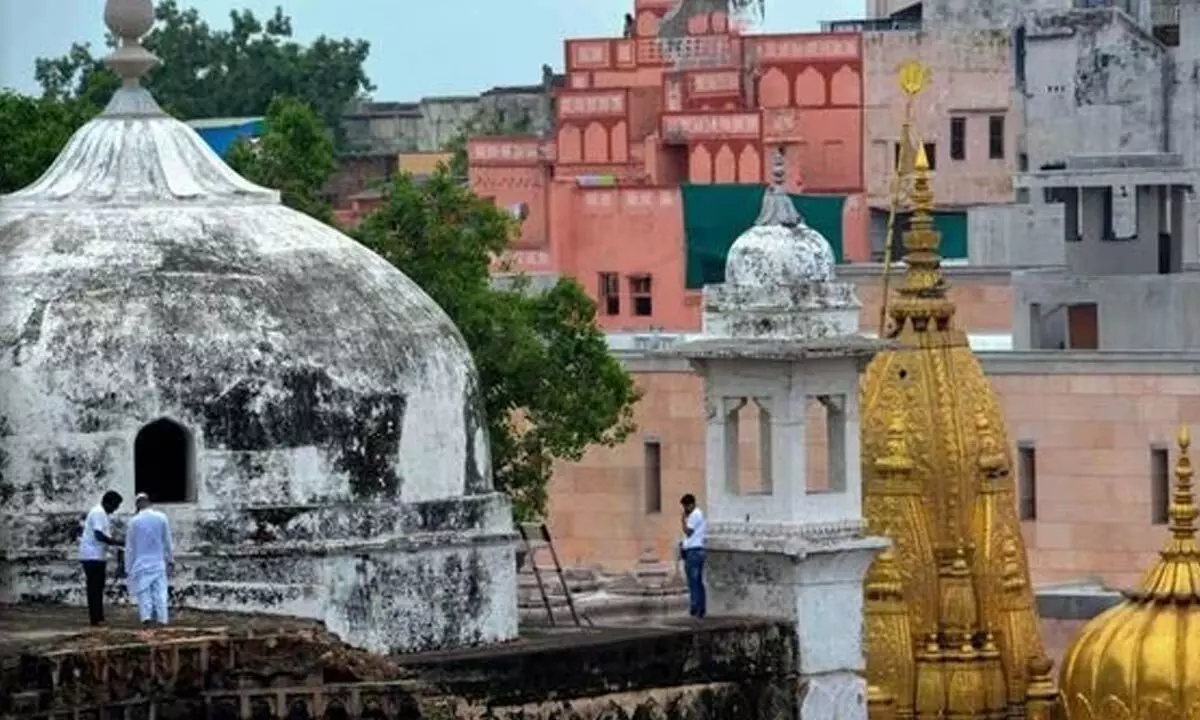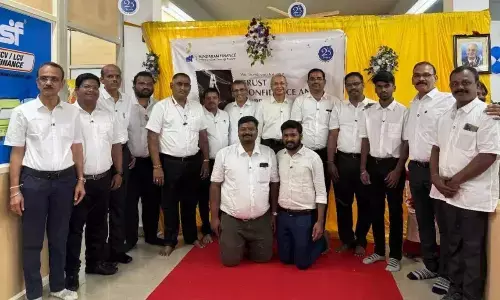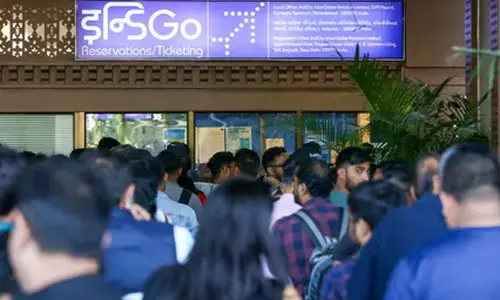Controversy Surrounds ASI Report on Gyanvapi Mosque As AIMPLB Disputes Evidence Of Hindu Temple

- As the Archaeological Survey of India's report suggests evidence of a pre-existing Hindu temple at the Gyanvapi mosque in Varanasi, the All India Muslim Personal Law Board (AIMPLB) refutes the findings, deeming them inconclusive.
- Tensions rise as the AIMPLB accuses the opposition of creating anarchy and disrespecting the court, adding another layer to the long-standing dispute over the historic mosque's premises.
The All India Muslim Personal Law Board (AIMPLB) has rejected the assertions surrounding the Archaeological Survey of India's (ASI) report on the Gyanvapi mosque in Varanasi. The ASI, conducting a scientific survey, submitted a report to the district court suggesting evidence of a pre-existing Hindu temple on the mosque premises. AIMPLB executive member Qasim Rasool Ilyas dismissed the ASI's findings as inconclusive evidence, accusing the opposition of sowing anarchy and insecurity in society by publicizing the report.
Ilyas accused Hindu communal organizations of disrespecting the court by releasing the ASI report in the media, alleging a long-standing history of misleading the public about Gyanvapi Masjid. He highlighted a previous attempt to create unrest when the survey team mentioned a fountain as a Shivalinga, emphasizing that no court decision was made on that matter.
The AIMPLB, a prominent Muslim organization, established in 1973 to safeguard Muslim Personal Law in India, responded a day after Hindu plaintiffs' lawyer Vishnu Shankar Jain cited the ASI report as evidence of a Hindu temple's demolition in the 17th century. Jain claimed the ASI's 800-page report contained scriptures in various languages, describing the reuse of temple pillars in building the mosque.
The ASI report revealed that a pre-existing structure was destroyed in the 17th century, with a significant portion modified and reused in the mosque. It stated that a large Hindu temple existed before the mosque's construction, based on scientific studies and observations. The report documented inscriptions, sculptures, coins, and architectural fragments found during the survey.
During the survey, 34 inscriptions were recorded, and 32 stampages were taken. The ASI noted the reuse of pillars from earlier temples in cellars and the presence of sculptures of Hindu deities and architectural members buried under dumped soil. The survey commenced after the Allahabad High Court rejected a petition by Muslim litigants seeking to halt the Varanasi court's order for an ASI-led scientific survey.



















